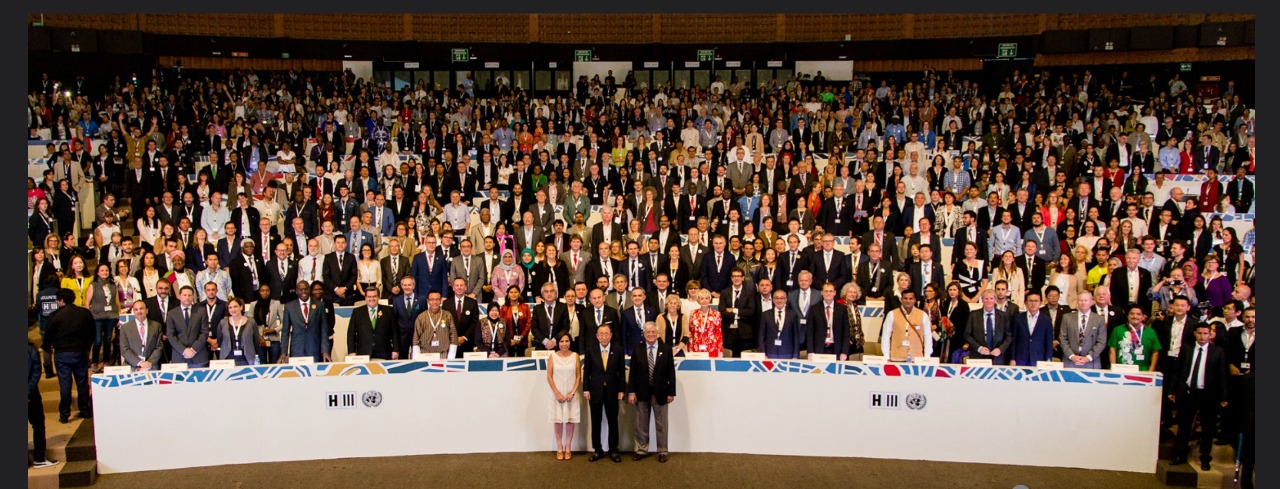The session “The Future of the New Urban Agenda: Moving towards an Inter-Urban Future” took place on the last day of the World Congress, with discussions on the role that the New Urban Agenda plays in the implementation of integrated and balanced territorial development. Representatives from local governments’ associations, academia, and mayors from cities of various sizes presented their perspectives on the paradigm shift proposed by the New Urban Agenda and how to advance the implementation of its inclusive, age-sensitive and gender-sensitive multilevel and multistakeholder approach.
The New Urban Agenda was unanimously adopted by all UN Member States in the UN Conference on Housing and Sustainable Urban Development (Habitat III), held in Quito, Ecuador in 2016. It was the last one of the so-called “sustainable global agendas,” after the 2030 Agenda, the Paris Agreement, and the Sendai Framework for Disaster Risk Reduction.
Considered a key tool for the acceleration and the localization of the SDGs, the New Urban Agenda recognizes the diverse realities of urbanization processes from metropolitan areas, peri-urban areas, intermediary cities, and small towns. It calls for joint development strategies from national and subnational governments, and for the strengthening of rural-urban linkages. Local and regional governments were strong supporters and key actors in the Habitat III preparatory process and in the adoption of the of the New Urban Agenda. More than five years on since its adoption, there is a need for national governments to reiterate and accelerate their implementation of the New Urban Agenda and to recognize the key role of local and regional governments in its achievement.
In April 2022, the High-level Meeting to assess progress on the New Urban Agenda was convened by the President of the UN General Assembly. At the same time, the Global Taskforce of Local and Regional Governments convened the World Assembly of Local and Regional Governments, demonstrating its commitment to the task of sustainable urban development and the achievement of the 2030 Agenda, while also highlighting its request to elevate its recognition and have a “seat at the table” at the multilateral level.

